
Two new tools to analyse web addresses promise to help protect web users against malicious internet attacks and fraud.
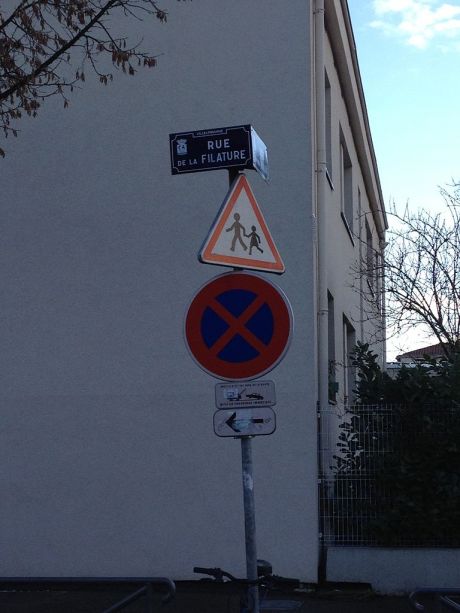
EU-funded research has examined the latent orders (hidden factors in the social structure of groups) that drive urban residential dynamics, looking in particular at group versus individual residential behaviours. The work generates insights into how this impacts private and community housing.
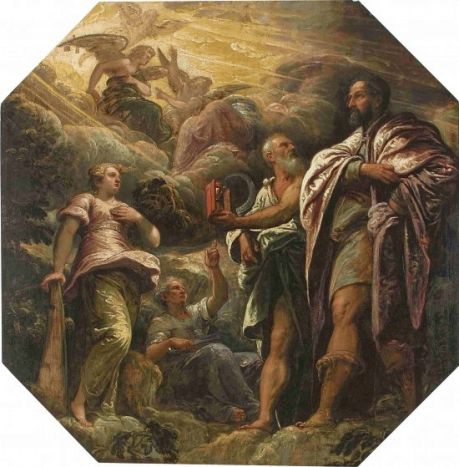
Multidisciplinary research is seeking out an innovative means to understand morality in politics.

Compulsivity, the uncontrollable repetitive urge to enact a particular behaviour, refers to a group of disorders affecting over 10 % of children and adolescents. EU-funded researchers are unravelling the underlying mechanisms to find therapies.

Climate change threatens many aspects of our world, including our cultural heritage. The museums, art and buildings that give Europe its identity must be preserved by mitigating the effects of a changing climate.

The diverse nature of the Seventh Framework Programme (FP7) theme 'Science in Society' (SiS) as well as its range of stakeholders places complex demands on the relevant National Contact Points (NCPs). They need to act across a wide area of policy and policy papers related to the SiS programme and its topics and research areas, as well as FP7 rules and regulations.

EU-funded research has reappraised the role of classical mythology as a figuration of desire in late renaissance and baroque poetry. The work focused mainly on Spanish and Italian texts, but also considered English, French, German and Scandinavian literature.

A technique incorporated in the American and European health care systems, mindfulness meditation enhances concentration and metacognitive monitoring. EU-funded researchers worked on deciphering the underlying neurobiological mechanisms.

Victims play a significant role in an innovative approach to responding to crime that aims to raise awareness for a safer society.

Examining adolescent sleep loss helps uncover important findings of causes and effects in relation to cognitive performance, behaviour, emotional regulation and development.
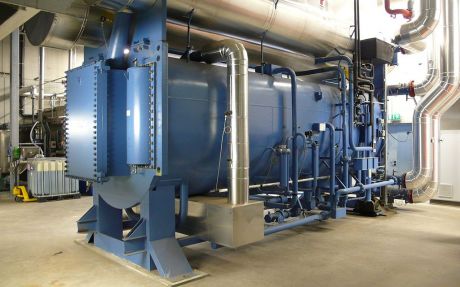
An EU group is developing a previous project's geothermal heat pump to help reduce European emissions. The team has gathered recommendations, prepared for demonstration and drafted marketing plans to foster consumer acceptance.

Cognitivist approaches to religion can analyse the use of supernatural rhetoric to frame the articulation of moral norms. This is a recurrent topic in literary, intellectual and political discourses.

Misregulation of alternative splicing (AS) is linked to human hereditary disease and possibly cancer. An EU project focuses on understanding the link between AS regulation and RNA polymerase II (Pol II).

Researchers studied dynamic complexity challenges and how they often overwhelm decision makers. Behind this enormous challenge lay the inadequacy of our intuitive skills in coping with complex dynamic decision-making situations.

An EU study considered protection of cultural heritage in terms of the Faro-Convention as applied in Kosovo. Through development of a methodology, the group examined the realities of how local people interact with and value such conventions.

Researchers have developed an economic model to analyse the effects of the informal economy in Europe in order to examine how it relates to economic growth and policy.
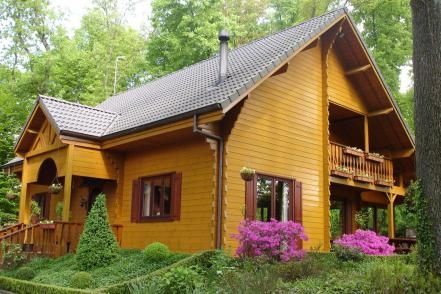
Approximately one third of EU citizens rent from a private owner, but to date there are very few regulations that create an EU standard. A European initiative is surveying national tenancy laws and their connection to national housing markets.
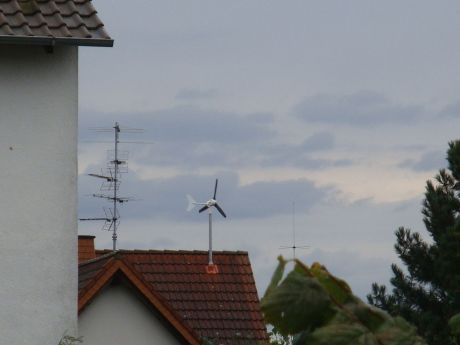
Unlike Europe's wide open spaces, little attention has been given to the assessment of wind power resources in an urban setting, under typical rooftop conditions. An EU-funded initiative is investigating this exciting commercial opportunity.

Researchers have studied the participation in European civic and political life of women of Muslim background, challenging assumptions of passivity. Empirical research was based on a comparison of Spain, France and the United Kingdom to uncover the group’s different modes of participation and action as well as enabling and/or constraining factors.

Turf grass production is getting a high-tech boost from an artificial intelligence and satellite imaging system that allows growers to precisely manage their sod farms.

Earth observation (EO) satellites populate massive and ever-growing remotely sensed data archives, but there are no standard tools to extract and analyse useful information. An EU-funded project has developed free/opensource software solutions to fill this gap.

EU-funded researchers are working on an optical printing technology to enable manufacturing of nanometre-scale semiconductor integrated circuits.

A novel system to ensure the circulation of highly secure cargo trucks on European roads will mean enhanced road safety and streamlined trade within the continent

Researchers have developed new nanoparticle surface treatments to prevent ice formation. Their work has improved our understanding of how icing of surfaces occurs.

The link between exposure to political violence and the development of aggression in children is gaining increased attention. Researchers examined this link in the context of the Israeli-Palestinian conflict, which has been ongoing unabated for over three generations.























